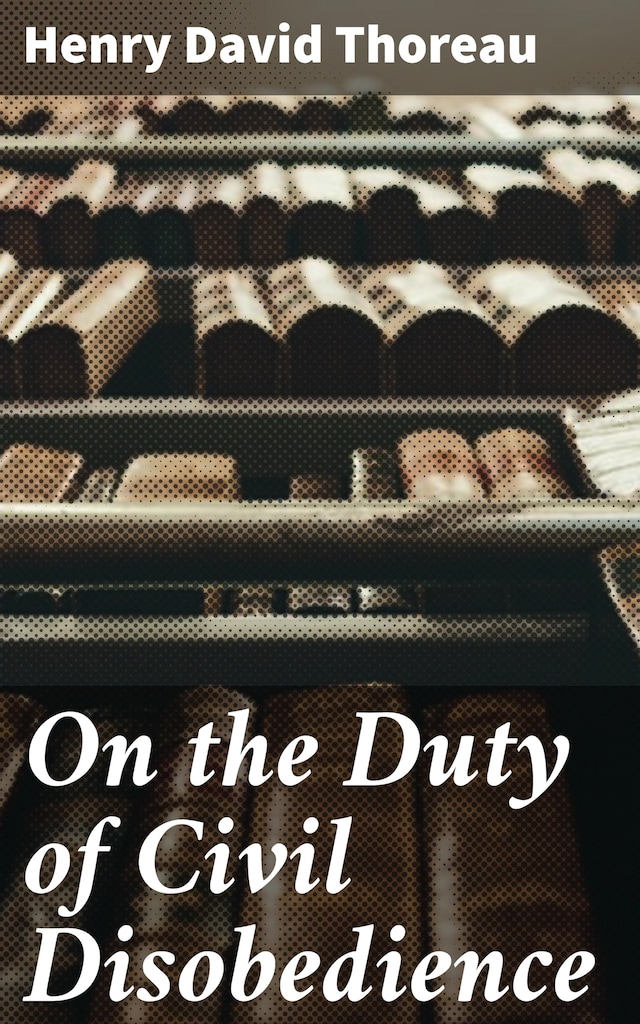
On the Duty of Civil Disobedience
A Manifesto for Peaceful Resistance and Moral Autonomy


